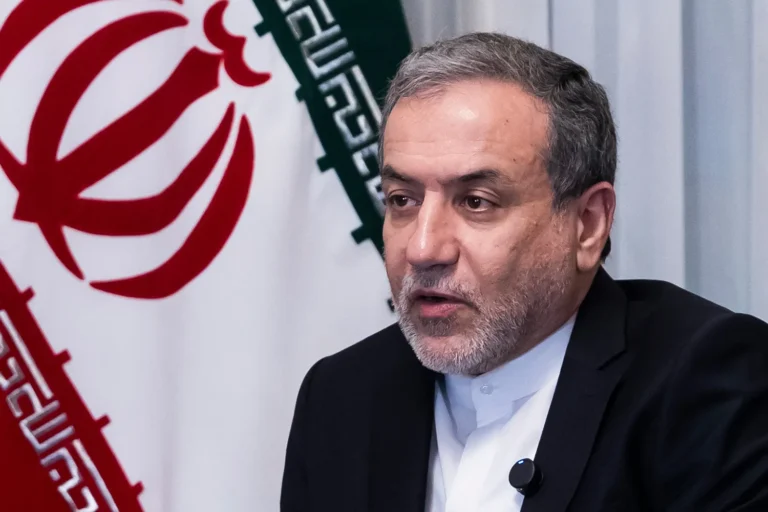Iran will hold talks with the United Kingdom, France and Germany in Geneva on Friday in an attempt to prevent an escalation in its conflict with Israel, after United States President Donald Trump said he would decide within two weeks whether to join the assault on Tehran.
“We will meet with the European delegation in Geneva on Friday,” Iran’s Foreign Minister Abbas Araghchi said in a statement, carried by state news agency IRNA.
European diplomats confirmed the planned talks in Switzerland, set to involve French Foreign Minister Jean-Noel Barrot, British Foreign Secretary David Lammy, German Foreign Minister Johann Wadephul, and European Union foreign policy chief Kaja Kallas.
Kallas and the ministers from the three European countries – known as the E3 – spoke to Araghchi earlier this week and discussed the need to return to the negotiating table and avoid further escalation. At Iran’s suggestion, the two sides agreed to meet face-to-face.
‘Window’ for diplomacy
French President Emmanuel Macron said European nations were planning to suggest a negotiated solution to end the conflict. On Wednesday, he asked his foreign minister to draw up an initiative with “close partners” to that end.
Speaking in Paris after talks on the crisis with the Jordanian Foreign Minister Ayman Safadi on Thursday, Barrot said the three nations “stand ready to bring our competence and experience on this matter”.
“We are ready to take part in negotiations aimed at obtaining from Iran a lasting rollback of its nuclear and ballistic missile programmes,” he added.
The UK’s Lammy was scheduled to travel to Switzerland following his visit to Washington, DC, where he met US Secretary of State Marco Rubio and White House Special Envoy to the Middle East Steve Witkoff.
“We are determined that Iran must never have a nuclear weapon … A window now exists within the next two weeks to achieve a diplomatic solution,” Lammy said in a statement.
Kallas, in coordination with European countries, has insisted that diplomacy remains the best path towards ensuring that Iran does not develop a nuclear bomb.
Israel has repeatedly said its series of strikes is a preemptive move to stop Iran from obtaining nuclear weapons.
Iran denies it is building nuclear weapons and insists that its nuclear programme is peaceful. The International Atomic Energy Agency (IAEA) said it has found no evidence that Iran was building such weapons.
Iran ‘not closing doors of diplomacy’
The meeting follows comments from Trump on Thursday that there could be new talks in the “near future”. The US and Iran held five rounds of negotiations over Tehran’s nuclear programme over recent weeks, with a sixth round of talks cancelled after Israel launched attacks on Iran last week.
Reporting from Tehran, Tohid Asadi said Iranian authorities appear to be trying to send a message that they will not resume negotiations with the US over its nuclear programme while Israel continues its attacks, but they would not close the door on diplomacy.
“The Iranians are saying that they’re not going to negotiate while Israeli strikes continue. And that they’re going to strike back and continue with their retaliatory measures,” he said.
At the same time, Tehran is “still trying to send the message that they are not closing the possibility and doors of diplomacy”, he said.
“It’s a massive diplomatic push to try to prevent this conflict from really escalating even further and engulfing the region potentially,” she said.Play Video
Trump weighs intervention
The ramping up of diplomatic efforts comes as Trump said he is weighing military action against Iran’s nuclear facilities.
Trump said on Thursday he would make up his mind within two weeks on whether Washington will get directly involved militarily in the conflict, given the “substantial chance” for renewed diplomatic negotiations over Tehran’s nuclear programme.
Iran’s well-defended Fordow uranium enrichment facility, which is buried under a mountain, is widely considered to be out of reach of all but the US’s so-called “bunker buster” bombs.


